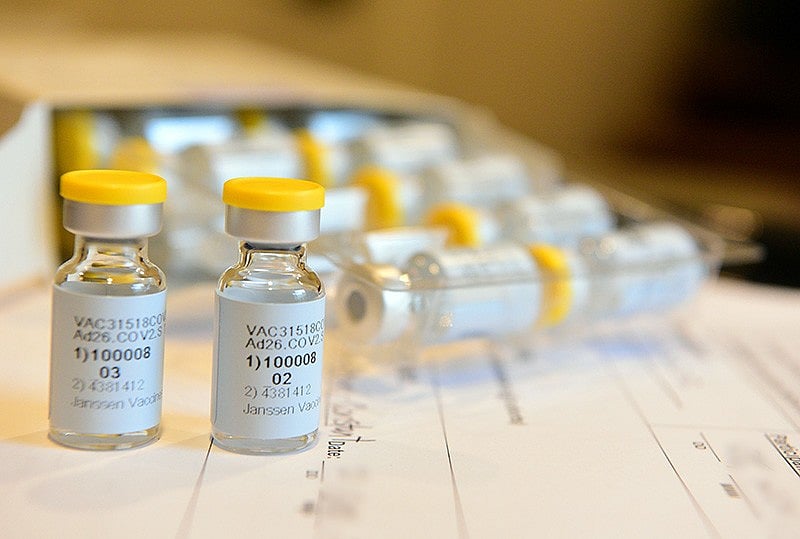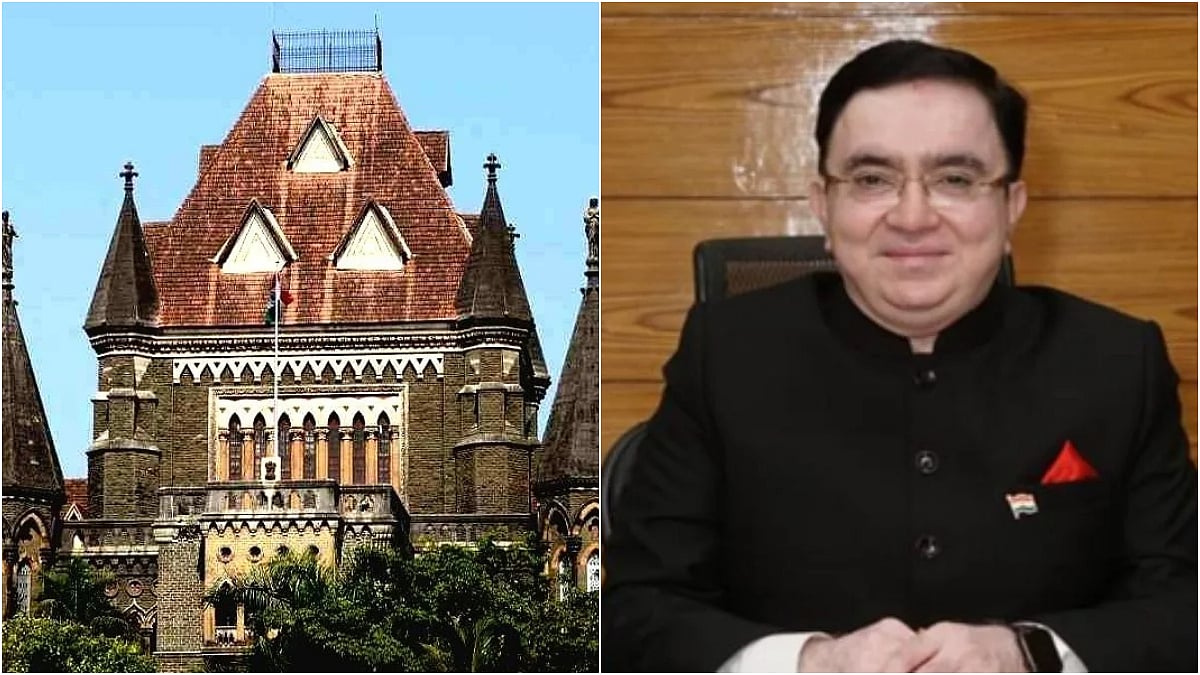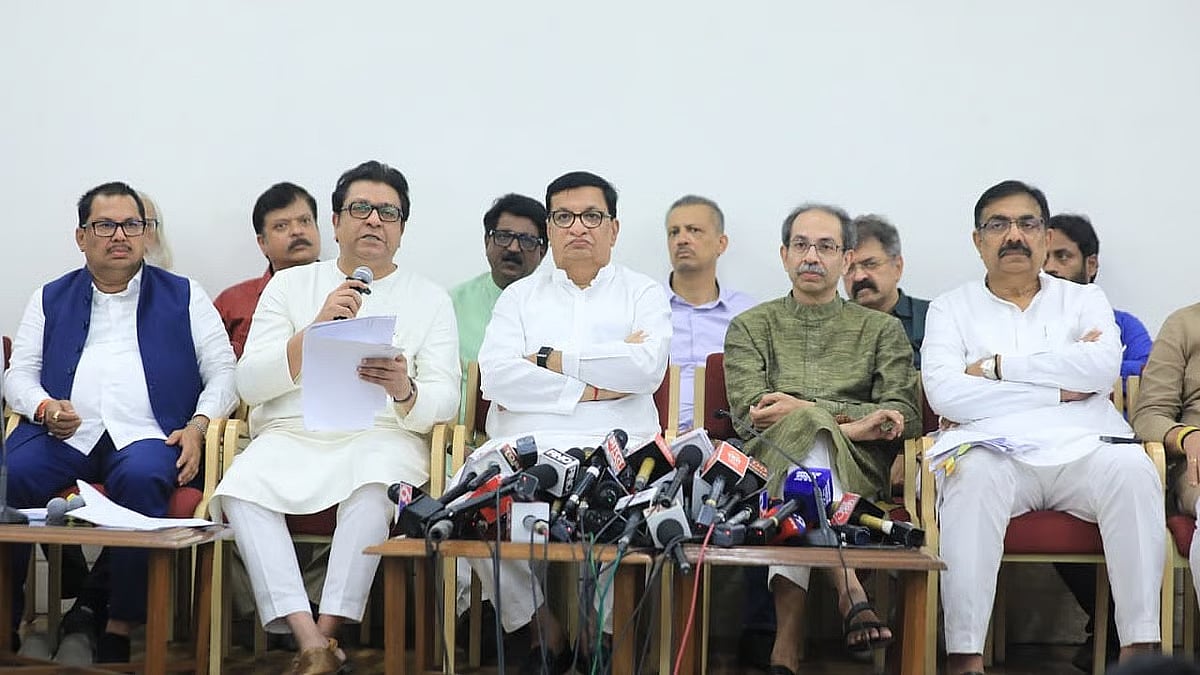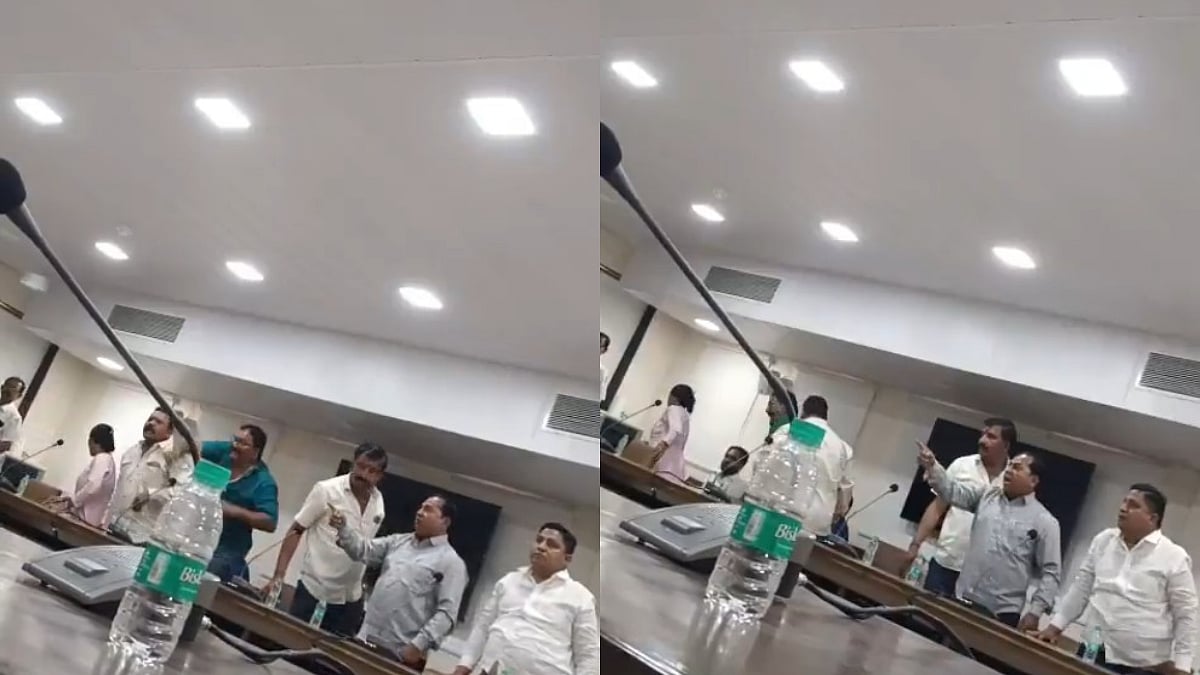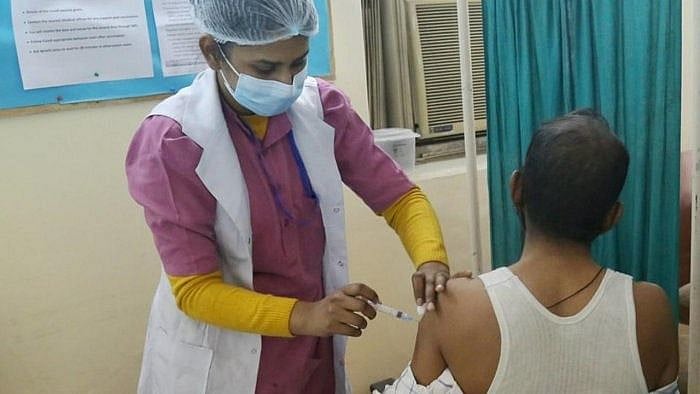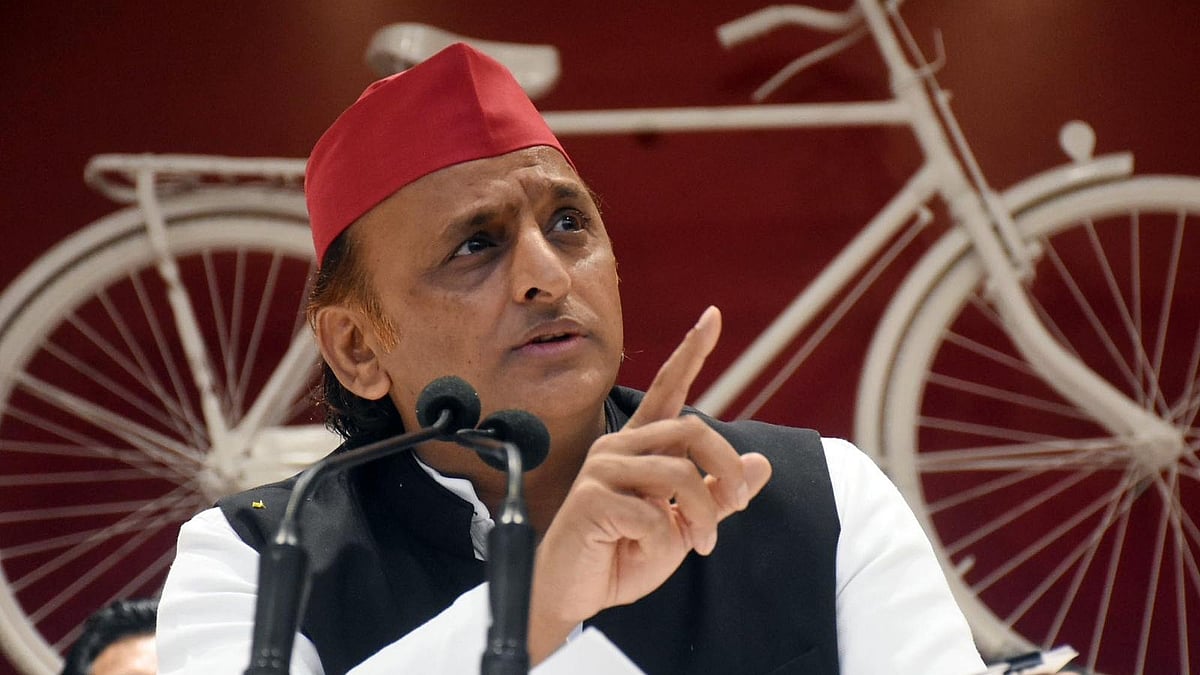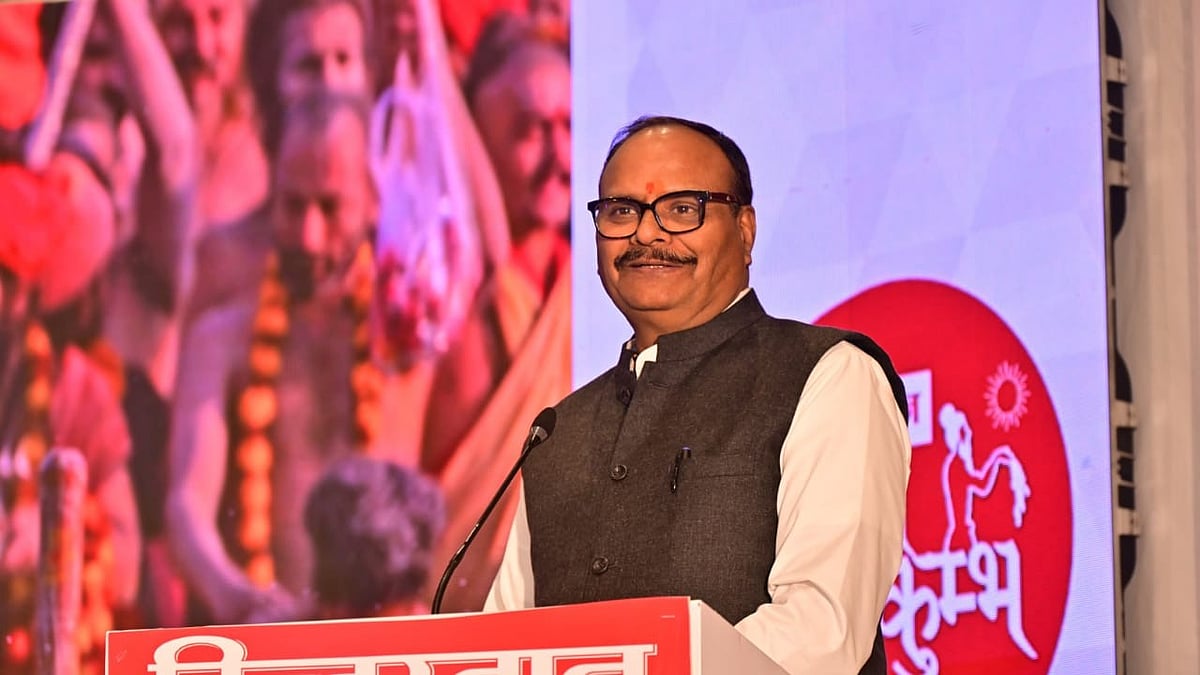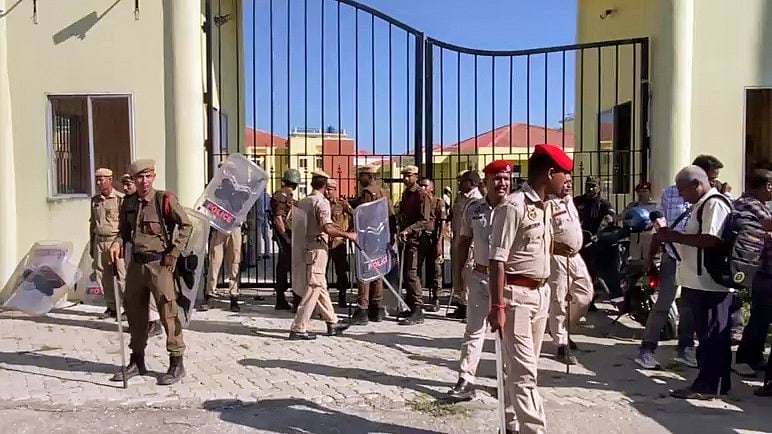Global healthcare major Johnson & Johnson on Friday said it has applied for Emergency Use Authorisation (EUA) of its single-dose COVID-19 vaccine in India. On Monday, the company had said that it remained committed to bringing its single-dose COVID-19 vaccine to India and looks forward to ongoing discussions with the Indian government.
The company had earlier applied for clearance from the US Food and Drug Administration (FDA). The US FDA authorised Johnson & Johnson’s single-dose Covid-19 vaccine for emergency use in February 202. Now, the single-shot vaccine is approved in several countries.
According to an analysis released by US regulators, the J&J vaccine is safe and offers strong protection against COVID-19. FDA officials have said that the vaccine is about 66% effective at preventing moderate to severe COVID-19, and about 85% effective against the most serious illness.
Called Ad26.COV2.S, it is a non-replicating viral vector vaccine that uses genetic material from the SARS-CoV-2 virus.
Who is it for?
The vaccine is likely to be approved for people aged 18 and older in the US. It must be mentioned that third-phase trials are ongoing.
Does it cause side effects?
Similar to the other COVID-19 vaccines in the US, the main side effects of this shot are pain at the injection site and flu-like fever, fatigue, and headache. The single-dose vaccine has been tested on about 44,000 adults in the US, Latin America, and South Africa with a two-month median follow-up.
"The analysis supported a favourable safety profile with no specific safety concerns identified that would preclude issuance of an EUA," the US FDA said.
The FDA noted that there were no COVID-19-related deaths and no COVID-19 cases requiring medical intervention 28 days or more post-vaccination among participants aged 60 or older with comorbidities in the vaccine group.
How does it have to be stored or used?
According to a press note released by the company, the vaccine is estimated to remain stable for two years at -4°F (-20°C), and a maximum of three months at routine refrigeration at temperatures of 36 - 46°F (2 to 8°C). The company says the vaccine should not be re-frozen if distributed at temperatures of 36°F – 46°F (2°-8°C).
(With inputs from agencies)
